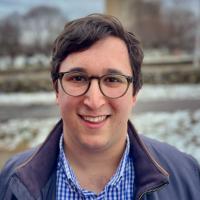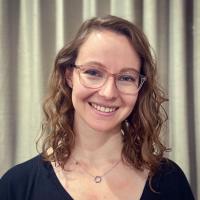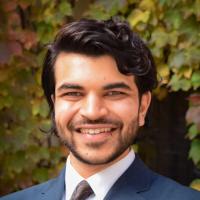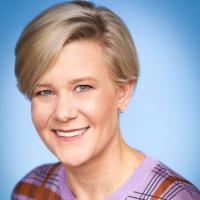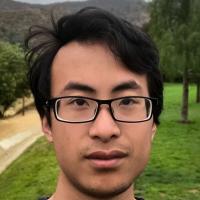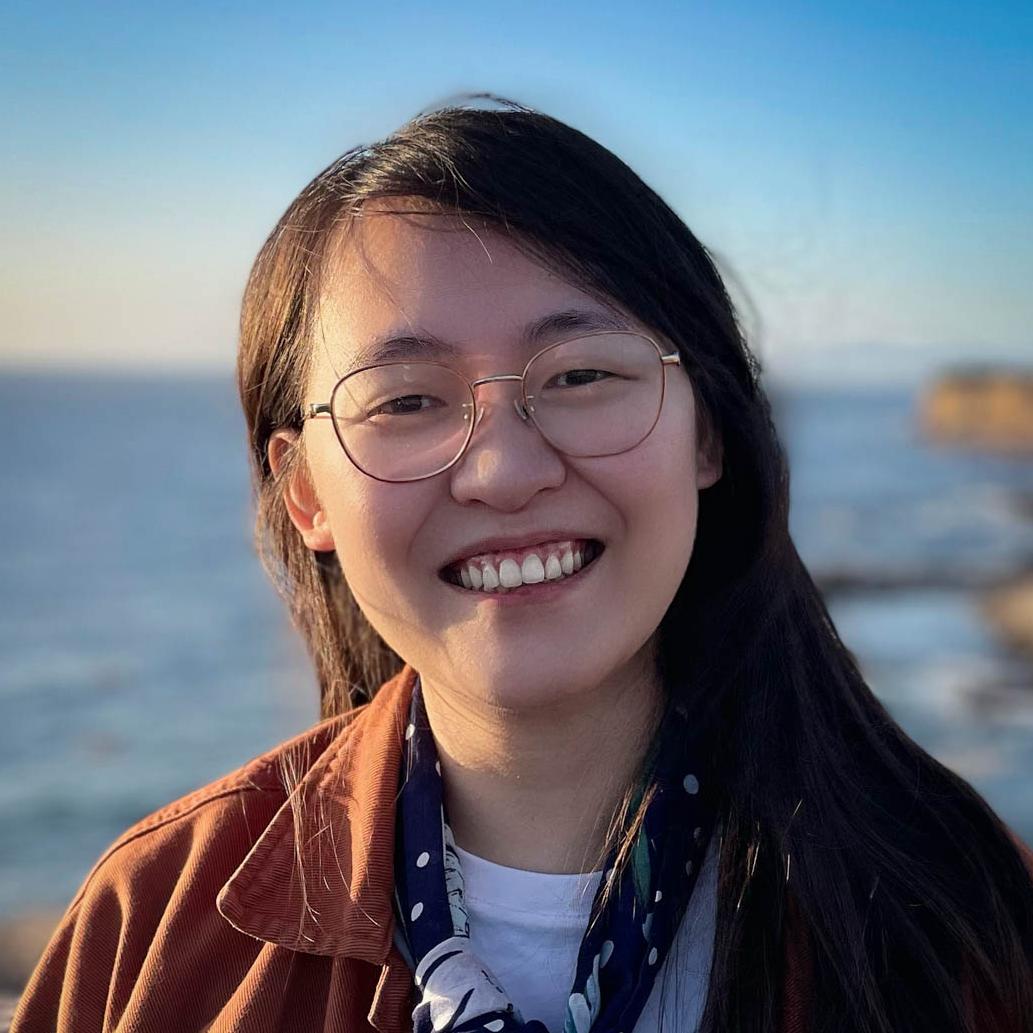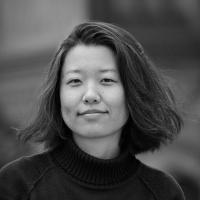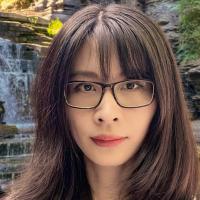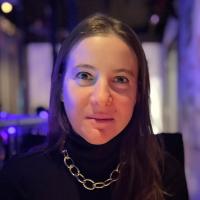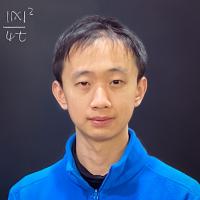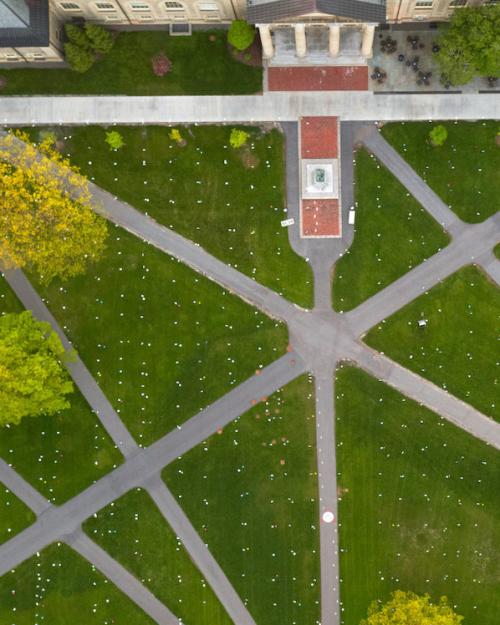Ten exceptional early-career scholars will join the College of Arts and Sciences this year as recipients of Klarman Postdoctoral Fellowships, enabling them to pursue leading-edge research in the sciences, social sciences and humanities.
The fourth cohort of Klarman Fellows is the largest since the program’s launch in 2019, thanks to significant additional support from Seth Klarman ’79 and Beth Schultz Klarman and includes scholars investigating quantum phases of two-dimensional materials, mechanisms of social mobility, housing politics of metro areas, and gaps between neuro cognition and artificial intelligence, among other critical topics.
“The Klarman Postdoctoral Fellowships program is exceeding our hopes, sparking collaborative research and advancing Cornell as a center for inquiry by leading scholars and scientists into issues that matter most in today’s world,” said President Martha E. Pollack. “I’m looking forward to seeing how these new fellows help drive exploration and discovery across the university.”
“Members of the 2023 cohort are already making waves in their research fields,” said Ray Jayawardhana, the Harold Tanner Dean of the College of Arts and Sciences and Hans A. Bethe Professor, who has led the program’s conception, launch and oversight. “The unconstrained time and generous support provided by the Klarman Fellowships, together with the model of collaboration with Arts and Sciences faculty, will ensure these talented scholars thrive at Cornell and catalyze our intellectual community.”
For example, incoming fellow Hongyuan Li and his collaborators have imaged so-called Wigner crystals, electrons forming honeycomb patterns if the conditions are just right, for the first time, resulting in a Nature paper with Li as the first author. All together his papers have been cited more than 1,900 times, a highly unusual record for someone still completing his Ph.D., Jayawardhana said. As a Klarman Fellow, Li will be hosted by Kin Fai Mak, professor of physics (A&S), and Jie Shan, professor of applied and engineering physics (Engineering), world leaders in 2D quantum materials.
“Cornell investigators are conducting breakthrough research into quantum materials,” Jayawardhana said. “Hongyuan Li’s innovative work will align with and benefit from our Radical Collaboration on Quantum Science and Engineering.”
Free of teaching obligations or specific grant constraints, Klarman Fellows can devote themselves to their own research agendas, working with A&S faculty mentors and others. The questions that incoming fellows plan to pursue include: How did America’s progressive cities become unaffordable for many? Why can’t AI, despite great progress in the past decade, approach the flexibility and adaptability of even simple brains? And what is “writing?”
Others’ inquiries range from the impacts of public policy on low-income mothers and children to biocatalysis; and from the centrality of contract labor for Asian American literary history to geometric analysis.
The 2023 cohort of Klarman Fellows at Cornell are:
Jacob Anbinder, a doctoral student in history at Harvard University. His research investigates the historical roots of a pressing modern-day question: How did America’s ostensibly most progressive cities become unaffordable for many Americans? During his Klarman Fellowship, he will make key additions to the manuscript of his book, tentatively titled “Cities of Amber,” which explores the housing politics of prosperous metro areas and their role in making the modern Democratic Party. He will work with faculty host Lawrence Glickman, the Stephen and Evalyn Milman Professor in American Studies (A&S).
Alexandra Brown, a doctoral student in chemistry at Massachusetts Institute of Technology. Her research project focuses on biocatalysis, which offers opportunities for the development of useful selective reactions for synthesizing industrially important molecules – in particular for harnessing new radical reactions. Working with the lab of her faculty host Todd Hyster, associate professor of chemistry and chemical biology (A&S), she will expand methods for photochemical radical generation in flavoenzymes to include oxidative radical generation.
Neil Cholli, who holds a Ph.D. in economics from the University of Chicago. His research looks into the mechanismsof social mobility and how it can be improved among low-income populations through social policy. During the Klarman fellowship, he will examine social policy reforms in 1990s Denmark to study the long-run impacts of a two-generation approach that simultaneously invested in job training and high-quality daycare. His faculty host is Lawrence Blume, Distinguished Professor of Arts and Sciences in economics (A&S).
Erin Cikanek, a doctoral student in political science at the University of Michigan. She investigates how emotions are critical to politics in the United States. During her Klarman Fellowship, she will expand her current research into the emotional cues Americans receive from prime-time news, particularly how media impacts the acceptance of political violence. Her faculty host is Peter Enns, professor in the Department of Government (A&S) and the Brooks School of Public Policy and Robert S. Harrison Director of the Cornell Center for Social Sciences.
Hongyuan Li, a doctoral student in physics at the University of California, Berkeley. He studies interacting electrons, developing experimental tools to explore the nature of these complex, delicate interactions. With the lab of faculty co-hosts Kin Fai Mak and Jie Shan, Li will develop a new multi-energy photonic probe tool for studying interaction election in 2D van der Waals materials.
Shiqi Lin, a doctoral candidate in comparative literature at the University of California, Irvine. She studies China as a critical site for theorizing how media cultures participate in shifting modes of globalization. Her book project examines how cultural producers have taken up literature, film and digital media to document the era since 2008 – a time when the rise of China has coincided with global economic, social and political crises. Her faculty co-hosts are Arnika Fuhrmann, professor of Asian studies (A&S), and Nick Admussen, associate professor of Asian studies (A&S).
Rebecca Liu, a doctoral candidate in English Literature at Princeton University. Her research focuses on 19th-century Chinese indentured laborers and the long-term effects of the contracts they were often forced to sign or had signed on their behalf. Her book project, “Contract Spirit,” retells the history of racial capitalism through the figure of the Asian migrant worker and the contract form, uncovering the key role both have played in contemporary social reproduction. Her faculty co-hosts are Juliana Hu Pegues, associate professor of literatures in English (A&S), and Iftikhar Dadi, the John H. Burris Professor of history of art and visual studies (A&S).
Wenbo Tang, who holds a Ph.D. from Brandeis University. Her research focuses on gaps that exist between artificial intelligence (AI) and neuro cognition, examining why AI, despite great progress in the past decade, still can’t approach the flexibility and adaptability of even simple brains. With faculty co-hosts Antonio Fernandez-Ruiz, the Nancy and Peter Meinig Family Investigator in the Life Sciences and assistant professor of neurobiology and behavior (A&S), and Azahara Oliva, assistant professor of neurobiology and behavior (A&S), she is building neuro-artificial intelligence through experiments that train AI with computational principles derived from neural responses.
Romina Wainberg, a doctoral candidate in Iberian and Latin American Cultures at Stanford University. Her research addresses the still unresolved question of what “writing” is. In her book project, she argues that Latin American novelists posited innovative theories of writing in their fiction, debunking the myth of the author as an “inspired genius” and reconceiving the act of penning as a mediated, embodied, effortful and situated activity. Her faculty host is Edmundo Paz-Soldan, professor of Romance studies (A&S).
Zhihan Wang, a doctoral candidate in mathematics at Princeton University. He is interested in geometric analysis and partial differential equations, especially minimal surfaces, mean curvature flow, harmonic maps and their heat flows. During the Klarman fellowship, he will study which singularity models in various geometric variational problems are unstable and to what extent one can get improved regularity by posing genericity assumptions. His faculty host is Xin Zhou, associate professor of mathematics (A&S).

